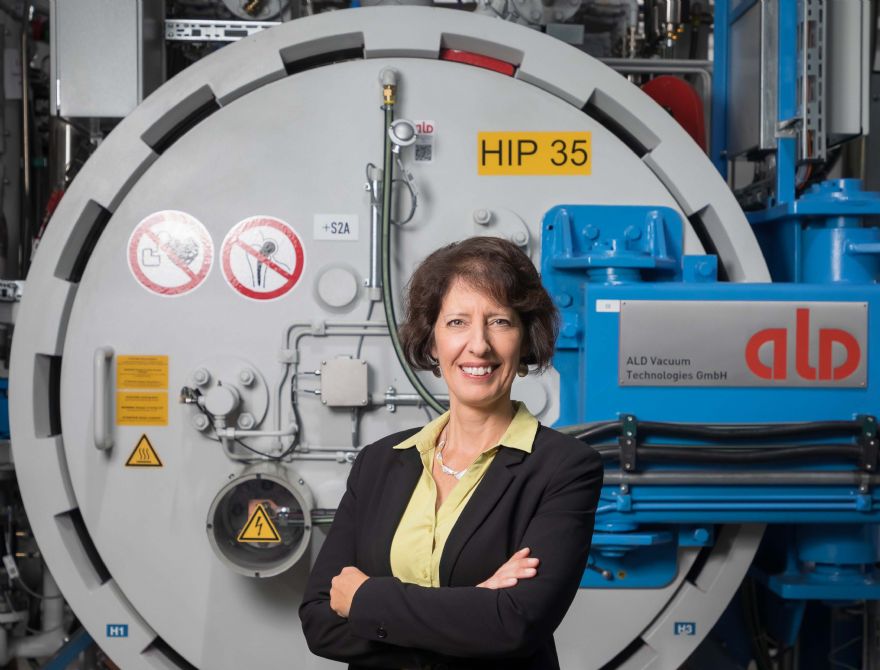 Ceratizit
Ceratizit, a high-technology engineering group specialising in cutting tools and hard material solutions, reports significant progress in implementing its sustainability strategy. Indeed, the recently published sustainability report of the Plansee Group, of which Ceratizit is a part, shows that some of the defined targets have been exceeded.
Ceratizit’s sustainability strategy focuses on four key areas: sustainable product and technology innovation; material and resource efficiency in production; attractive working conditions; and the combination of ecological and social aspects in the supply chain.
An important key performance indicator in the first phase is the corporate carbon footprint (CCF). In the 2023 financial year, Ceratizit reduced this by 22%, compared to the base year of 2020, from 201,449 tonnes of CO
2e (e=equivalent) to 156,988 tonnes of CO
2e (Scope 1, 2 and 3 — essentially, scope 1 are those direct emissions that are owned or controlled by a company, whereas scope 2 and 3 indirect emissions are a consequence of the activities of the company but occur from sources not owned or controlled by it). Ceratizit says this means the company is ‘well on track’ to achieving its target of a 35% reduction by the 2025 financial year.
Another key performance indicator is the recycling rate for the primary raw material tungsten. The company exceeded the target of 90% in 2023, with a recycling rate of 95%. Andreas Lackner, spokesman for Ceratizit’s executive board, said: “In our sustainability strategy, we are focusing on those areas in which we can achieve the greatest impact. We want to become not only more sustainable but also a pioneer and role model in our industries.”
Melissa Albeck (pictured), a member of Ceratizit’s executive board, concluded: “After initially focussing on reducing our carbon footprint and increasing the recycling rate for tungsten, we are now also increasingly focusing on the topics of attractive working conditions and ecological and social aspects in the supply chain. Based on extensive surveys of employees and suppliers, the company will be taking more measures in the coming months to guarantee attractive working conditions and ensure ecological and social aspects along the supply chain.”